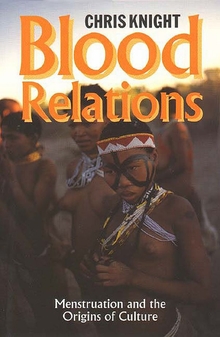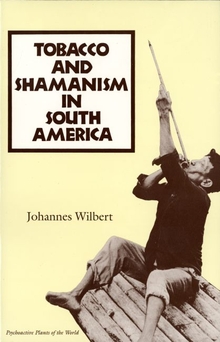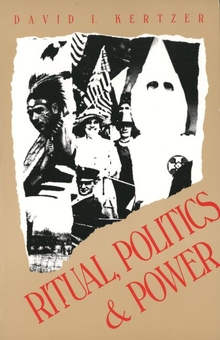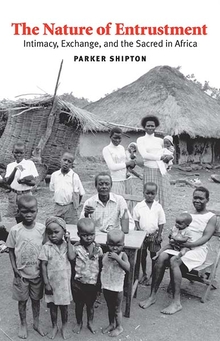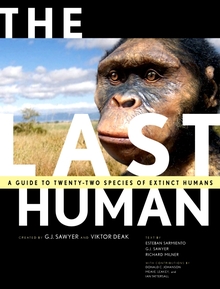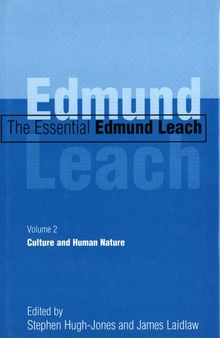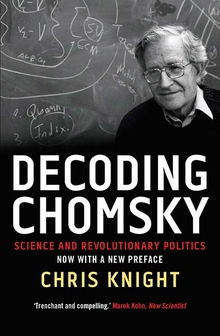Blood Relations
WARNING
You are viewing an older version of the Yalebooks website. Please visit out new website with more updated information and a better user experience: https://www.yalebooks.com
Menstruation and the Origins of Culture
Chris Knight
This original and ingenious book presents a new theory of the origins of human culture. Integrating perspectives of evolutionary biology and social anthropology within a Marxist framework, Chris Knight rejects the common assumption that human culture was a modified extension of primate behavior and argues instead that it was the product of an immense social, sexual, and political revolution initiated by women.
ISBN: 9780300063080
Publication Date: May 24, 1995
Publication Date: May 24, 1995
592 pages, 6 x 9

